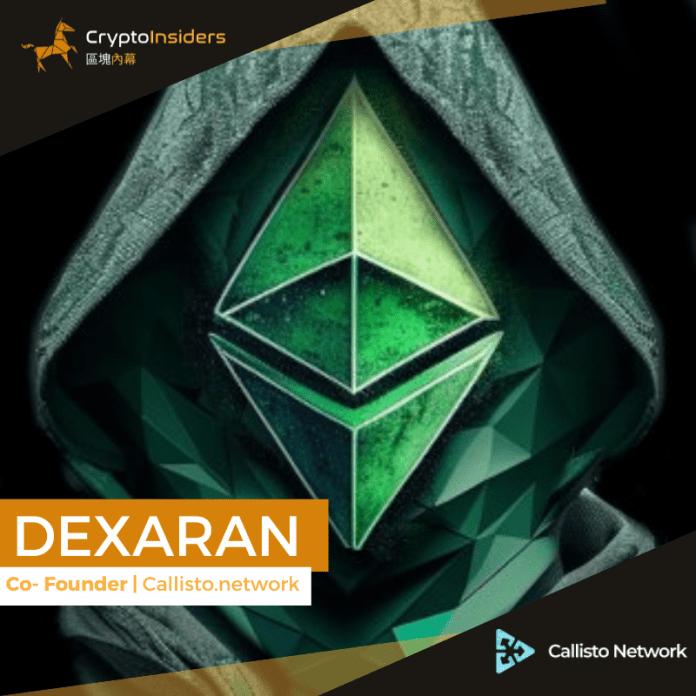Introduction:
In the ever-evolving world of blockchain and cryptocurrencies, new token standards and smart contract capabilities continuously emerge. Among them is ERC-223, a promising token standard that brings advancements beyond the popular ERC-20 standard. In this article, we will delve into the intricacies of ERC-223 tokens, exploring what happens if they are mistakenly sent to a non-supporting smart contract, how they impact gas fees in token transfers, and the security considerations they offer. Additionally, we will seek insights from an experienced ETH developer and an security expert Dexaran to gain a comprehensive understanding of the security aspect in this domain.
Sending ERC-223 Tokens to a Non-Supporting Smart Contract:
In the fast-paced and ever-evolving world of cryptocurrency transactions, every moment counts, and even the slightest oversight can lead to unintended consequences. It’s like walking on a tightrope, where precision and vigilance are paramount to ensuring smooth operations.
Imagine the scenario where someone unknowingly sends ERC-223 tokens to a smart contract that does not support them. In such a situation, the outcome might not be as catastrophic as losing all the tokens forever, but it can still be a nerve-wracking experience. Fortunately, the transaction itself will fail, preventing the tokens from being transferred to the non-supporting contract. This aspect offers a sigh of relief, knowing that the sender’s tokens will not vanish into the abyss of the blockchain.
However, while the sender may be spared from a loss of tokens, there is one aspect that remains unchanged ? the GAS cost. Even though the transaction fails, the sender still incurs the GAS cost for the attempted transfer. It’s akin to paying a toll fee for a road that leads to a dead end ? the destination was not reached, but the cost of attempting the journey remains.
ERC-223 Impact on Gas Fees in Token Transfers:
The impact of ERC-223 on gas fees in token transfers varies depending on the specific implementation and the type of transaction being conducted. Let’s examine the potential scenarios:
Transfer to Human Address: When transferring ERC-223 tokens to an address owned by a human (not a contract address), it is worth noting that the process may be slightly more expensive than an ERC-20 transfer. This is due to the additional complexity and functionality provided by the ERC-223 standard. Nevertheless, the enhanced functionalities pave the way for improved token transfer mechanisms.
Deposit or Swap on Exchange: Here comes the game-changer ? ERC-223 deposit or swap on exchanges is generally more cost-effective than ERC-20 approve, ERC-20 swap, and ERC-20 revoke approve processes. ERC-223’s advantage lies in executing these operations in a single transaction, streamlining the process and reducing time and gas fees compared to the multi-step ERC-20 approach. This efficiency proves beneficial for both users and exchanges.
Security Considerations with ERC-223 Tokens:
Security is paramount in the cryptocurrency realm, and ERC-223 tokens are designed with safety in mind.
With a vast background in auditing over 400 smart contracts, Dexaran emphasizes the vital role of security. Smart contract audits serve as critical measures to identify potential vulnerabilities that malicious actors might exploit. In this context, he highlights a significant security issue commonly associated with ERC-20 tokens ? unlimited approvals.
In the ERC-20 token ecosystem, users often grant unlimited approvals to exchanges, enabling them to access funds without explicit permission for each transaction. Unfortunately, this poses significant risks, as the exchange may misuse this unlimited access, potentially leading to fund losses or hacking incidents.
However, ERC-223 tokens provide a remedy to this security concern. The single transaction nature of deposit or swap operations eliminates the need for multiple approvals. As a result, users benefit from improved security, reducing their exposure to potential risks.
Conclusion:
ERC-223 tokens offer a safer and more efficient approach to gas fees and enhanced security in the world of blockchain. While sending them to unsupported contracts might result in a failed transaction, they provide advantages over their ERC-20 counterparts, particularly when it comes to cost-effective deposit and swap operations on exchanges. As the cryptocurrency landscape continues to evolve, adhering to robust security practices and conducting thorough research will remain essential for developers and investors alike. With the promising advancements of ERC-223 tokens, the future of blockchain technology appears brighter than ever.




